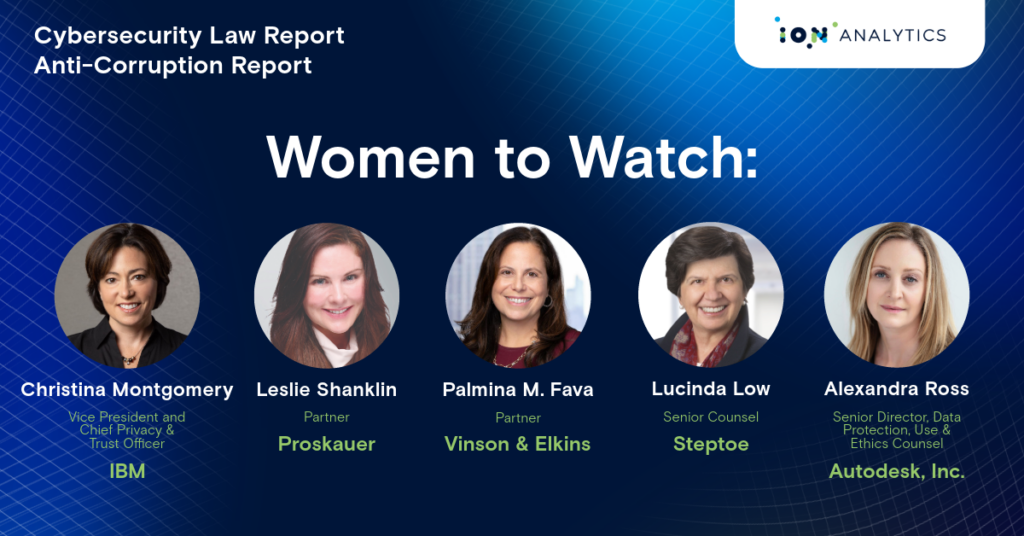Women to watch: contributions, achievements and observations of outstanding female professionals – Part II
In honor of International Women’s Day, various women at ION Analytics, including Marlene Givant Star at Mergermarket and Dealreporter, Jill Abitbol, managing editor of the Cybersecurity Law Report and Anti-Corruption Report, Sara Tapinekis and Madalina Iacob at Debtwire in the US, Dawn Grocock at Debtwire’s UK office and Lucy Monteiro, who covers the Latin American region for Debtwire, interviewed outstanding women in their respective jurisdictions and the markets that we cover. It is our honor to highlight these women and their accomplishments and contributions to the field, and share some of their insights and perspectives. These lawyers, advisors and consultants from around the world specialize in private equity, restructuring, mergers and acquisitions, hedge funds, anti-corruption, data privacy, and more. We hope these remarkable women inspire you as much as they do us.
In Part II of this five-part series, Mergermarket reporters Hana Askren, Deborah Balshem, Caroline Crosdale and Laura Larghi help us spotlight notable women in the mergers and acquisitions field, including (i) Hillary Holmes, co-chair of Gibson Dunn‘s Capital Markets practice group (ii) Mona Dajani, partner and global co-chair of the energy, infrastructure and hydrogen teams and co-chair of the Baker Botts energy sector worldwide (iii) Deborah Smith, co-founder and CEO of real estate-focused investment bank, The CenterCap Group, (iv) Tali Sealman, partner and head of US Corporate Technology M&A at the law firm of White & Case, (v) Brenda Ciampolillo, Risk & Financial Advisory Managing Director of Mergers and Acquisitions for Deloitte and (vi) Elsa Berry, managing director and founder of M&A boutique Vendome Global Partners.
To view Part I of the ION Analytics’ Spotlight on Trailblazing Women series, please click here.
Hillary Holmes, co-chair of Gibson Dunn’s Capital Markets practice group
Hillary brings a deep expertise in the energy industry as a member of the firm’s securities regulation & corporate governance, mergers & acquisitions, ESG, and energy & infrastructure practice groups. She also serves as co-partner in charge of the Houston office and as a member the firm’s executive committee.
What are the biggest changes you’ve seen since you started in the industry?
The biggest changes have been driven by the one thing that stays the same – innovation and adaptation. When I started, the industry was focused on ensuring domestic security through American energy independence. The country was importing oil and planning to import gas and investing in the related pipeline and storage infrastructure. Then we had the shale revolution. The industry adapted and innovated, developing new, more efficient development technologies for exploration and production. The country started exporting oil and gas and, again, investing in the related infrastructure. Then we had the commodity price crashes in 2015 and 2020 and the related ESG (environmental, social and governance) movement. The perspective on what energy means changed somewhat – it broadened. Once again, the industry innovated and adopted and invested in new technologies and infrastructure. The fundamentals are the same but the “energy expansion” efforts are an incredibly exciting new chapter.
What do you see as the most notable issue or trend right now in the industry, and do you recall what a big issue or trend was when you started out?
As we start 2024, the energy industry is at an important inflection point. What will it look like in 20 years? There is a lot of investment in new energy technologies and sources and innovation in climate management initiatives. But these projects and technologies are in their infancy and many are not economical without government support. Traditional oil and gas companies and the people who have run the industry for decades are leveraging their talents and experience in these new areas. They are looking to access capital and the capital raising model that has traditionally applied to energy may need to be adjusted for the profile of these new investments. But this question of the future of the energy industry and how it will power the world and support progress is not new and the industry always finds a way forward.
Women have made tremendous strides in our industry over the past 20 years. What would you like to see more of for women, professionally?
We need more women in the C-suite. A diverse leadership team contributes to a corporation’s success and bottom line. It also contributes to innovation, which is critical for the energy industry’s future. In order to get more women in the C-suite, we need to invest in them at the lower levels, ensure access to opportunities, and even somewhat rethink our definition of the qualifications required to serve in those roles.
Mona Dajani, partner and global co-chair of the energy, infrastructure and hydrogen teams and co-chair of the Baker Botts energy sector worldwide
In her over 25 years of practice, Mona has led numerous financing and acquisition/disposition and project development/financing transactions involving solar, wind, hydrogen, carbon capture, hydroelectric, geothermal, biomass, waste to energy and net-zero disruptive technologies such as connectivity, autonomous driving and e-mobility as well as gasification, transmission lines, and oil & gas pipelines.
What are the biggest changes you’ve seen since you started in the industry?
I think the biggest change is that there are a lot more women that have engineering or STEM backgrounds going into law – and then using those skills to advance in the legal profession and beyond. I’m also seeing a different treatment of mothers in the legal profession. For me, I was lucky to have three months off 15 years ago. Now, people are getting three to six months, and if they don’t get at least three months, it’s actionable.
What do you see as the most notable issue or trend right now in the industry, and do you recall what a big issue or trend was when you started out?
I think the big trend I’m seeing now is there are more women in renewables than in oil and gas. There’s a variety of educational scholarships for women in STEM fields to go into renewable energy – the transformation of sustainable clean energy sources is a golden opportunity for greater gender diversity, and it really is uplifting women. There are new jobs, avenues to grow, and female leaders. When I started out, clean energy was fringe and now it is mainstream.
I was one of the first female equity partners in a major law firm ever. I made partner in the early 2000s because I’m a good lawyer and I had a big book of business, but as a woman you have to campaign in different ways. I politicked for it, and I don’t think enough women do that.
Women have made tremendous strides in our industry over the past 20 years. What would you like to see more of for women, professionally?
I’d like to see more women rise to the top professionally. That also means women have to be tenacious, they have to be good, and they have to feel like they’re making a difference.
They have to not decide to retire because their husband’s working, they have to put deals together. I’m seeing women that are younger, and they feel entitled. I’ve been tenacious, I’m a mom, a partner, a leader at a major law firm – nothing’s going to stop me. I want to see them be tenacious. No one’s going to cut them any slack; they have to do the same job as everyone else.
Deborah Smith, Co-Founder & CEO of The CenterCap Group
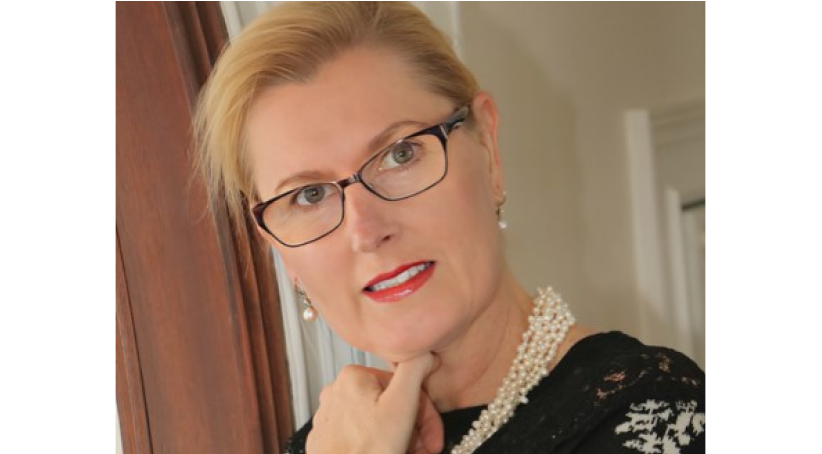
CenterCap is a female-founded boutique investment bank focused exclusively on the real estate sector. Deborah heads the firm’s strategic capital and M&A and execution efforts. Prior to this role, she was co-head of M&A and a senior managing director with CB Richard Ellis Investors. Deborah has been involved in more than USD 100bn of mergers, acquisitions and restructuring transactions, including with Lehman Brothers, Wachovia Securities and Morgan Stanley.
What are the biggest changes you’ve seen since you started in the industry?
I think adaptability has become one of the most important traits of a company and a leader. If the pandemic taught us anything, it was that nothing is for certain and everything is subject to change. If you cannot adapt or switch gears in response to change, you will be stuck in a situation or mindset that is no longer relevant. Taking the right risks and seizing the right opportunities with the ability to see around corners will create winners and losers. Gone are the days of static thinking if the goal is to expand your business.
What do you see as the most notable issue or trend right now and do you recall what the issue or trend was when you started out?
We have been quite vocal about the role of insurance companies as a potential source of permanent capital for the real estate investment management sector. We think that trend continues to play out and have had the opportunity to work on several insurance-centric assignments over the past year.
For example, as real estate private credit emerged as an in-favor strategy, we advised Pearlmark on their majority sale to Conning (affiliated with the largest Taiwanese life insurer) in 2023. Conning recently announced their sale to Generali, a continuation of insurance capital playing in the real estate sector.
Women have made strides in our industry over the past 20 years. What would you like to see more of for women professionally?
I look around the industry and don’t see a whole lot of women in C-suite seats, which needs to change. But the way we achieve the goal of long-term, sustainable change cannot be hinged solely on quotas, benchmarks, and mentoring. I believe that we need to start earlier in our education process — middle school and high school — and encourage women and minorities to become educated in financial literacy and the possibilities and opportunities out there for a finance career. Even earlier, speaking with our children about careers and being open to questions is a great place to affect real change. I think plenty of people think finance is a male-dominated space — and it is — but I don’t believe it is closed to possibilities for those wanting to explore this career path. Kids just need to know that it’s there and have time to best prepare should that be the path they choose.
Tali Sealman, Partner and Head of US Corporate Technology M&A at White & Case
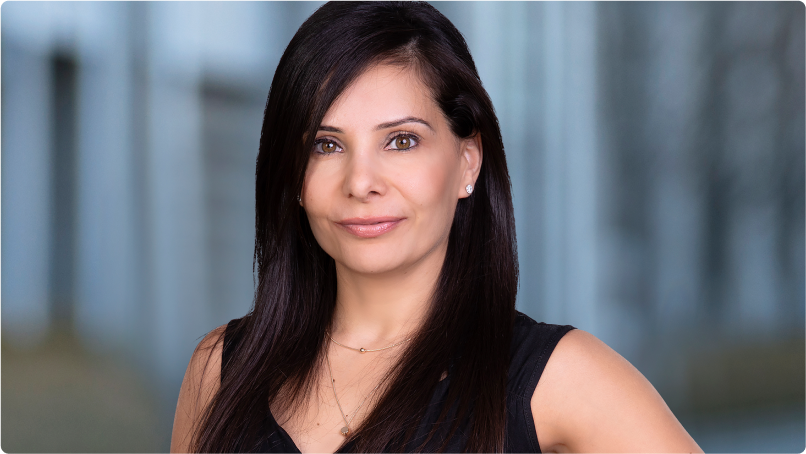
Tali represents buyers, investors and companies in private and public tech and life science M&A and growth equity transactions with a focus on cross border transactions.
What are the biggest changes you’ve seen since you started in the industry?
The legal industry has faced several inflection points since I started my career and continues to evolve and advance in a variety of exciting ways, particularly in terms of diversity amongst fellow lawyers and client legal teams.
The industry has also shifted towards more sophisticated and specialized legal advice – clients expect keen understanding of their business strategy and industry know-how along with matter and deal specific expertise. For instance, my Israeli tech practice has emerged through a combination of industry and jurisdictional insights built up over my career. Israel is obviously home to many high-tech companies, and I’ve been able to utilize my deep understanding of its business and legal culture to help companies navigate the many opportunities across that landscape, while understanding the unique challenges of such transactions.
What do you see as the most notable issue or trend right now and do you recall what the issue or trend was when you started out?
Post-pandemic, younger lawyers live in a very different world and have a very different mindset about their careers. This is an exciting divergence from when I started, when the school of thought was to continue to progress up the ladder, even when you don’t fit the majority. Careers now are much less linear. Younger lawyers have so many opportunities outside a traditional firm structure, and this is making us change accordingly. We’re very focused on nurturing, mentoring and providing different opportunities to our talent in a meaningful way.
Women have made strides in our industry over the past 20 years. What would you like to see more of for women professionally?
I’m looking forward to seeing more women advance into management roles across the industry. What is key to this, is of course, creating an environment where everyone has equal opportunity to progress, and where progression is based on talent and competency alone. We’re very committed to this, and I see this across the industry more broadly, so my advice for the younger generation would be to continue to focus on developing your practice, find good mentors and to advocate for yourself.
Brenda Ciampolillo, Risk & Financial Advisory Managing Director of Mergers and Acquisitions for Deloitte
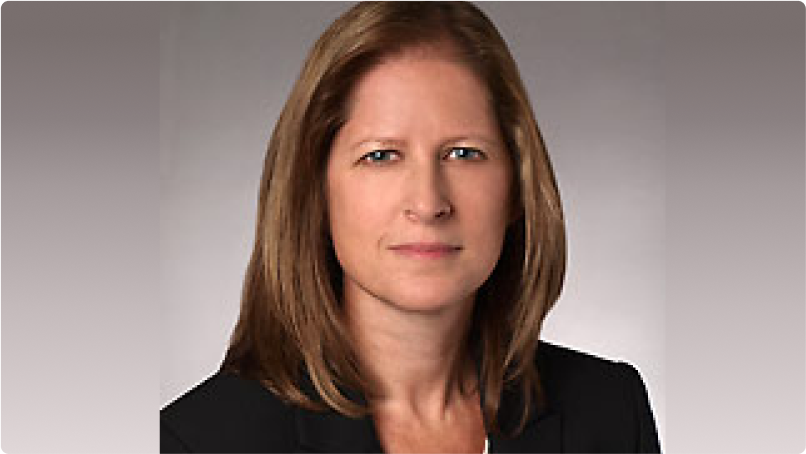
Brenda has more than 25 years of experience advising both buyers and sellers on mergers and acquisitions. She also serves as Deloitte’s M&A Transactions Services carve-out divestiture leader.
What are the biggest changes you’ve seen since you started in the industry?
It’s been extraordinary to see the advancements in technology that have happened since I began working in M&A in the mid-90s, especially with regard to how new technologies have contributed to how we as M&A professionals execute deals and how organizations we support on transactions deliver goods and services to customers. Virtually all companies are utilizing technology today and, with the introduction of Generative AI, I believe we are on the cusp of seeing significant changes in how dealmaking happens and the potential implications that could have for the future of business.
What do you see as the most notable issue or trend right now and do you recall what the issue or trend was when you started out?
For me, the most notable trend in M&A right now is “how we work.” The shift from in-person to remote or hybrid work arrangements has significantly changed the way we as M&A professionals deliver services and interact with our teams and clients. Compared to when I first started in the profession, remote work represents an extreme shift from being physically in an office or deal room five days a week for however many hours it takes to negotiate a transaction. The prevailing thought until recently was that professional services could not be delivered unless you were onsite with clients every day, but the latest wisdom is that deals will get done no matter what. It will be interesting to see what the workforce of the future will look like one, three, five, and 10+ years from now.
Women have made strides in our industry over the past 20 years. What would you like to see more of for women professionally?
More women than ever hold executive and leadership positions in M&A, but we still have a long way to go to close the gap, both with regard to gender, race and other types of diversity in leadership positions. To achieve this, I firmly believe it will take all of us – not just females in the field – to develop a better understanding and appreciation for unconscious bias and how it impacts how women and other groups can advance and succeed in the top spots in the profession.
Elsa Berry, Managing Director and Founder of Vendome Global Partners
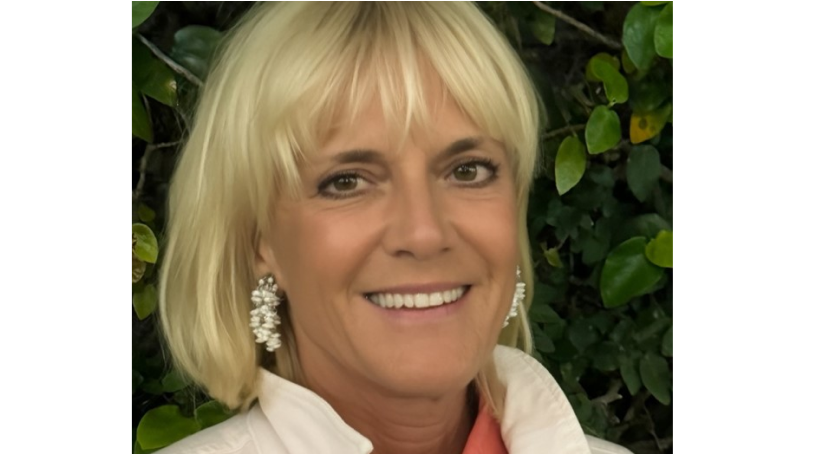
Elsa specializes in cross-border mergers and acquisitions focused on luxury, fashion and beauty brands. Prior to founding Vendome, she was head of Corporate Finance-US for BNP Paribas for 20 years. She is also the chairperson of the Luxury Committee of the French American Chamber of Commerce – New York.
What are the biggest changes you’ve seen since you started in the industry?
I started very young (26 years old), when I founded my first cross-border M&A advisory firm. It was the 80’s. Midmarket M&A didn’t really exist back then. As a woman, it was rather lonely, a bit like the Wild West! Some women tried to emulate men: they wore suits, tried to behave like men. Some were afraid to speak up while others chose to be louder and more aggressive than men. There was no road map. Today, as many more women have joined the workplace in senior positions, they can define their own professional persona with confidence. In addition, the legislative environment supporting more women to join boards and the C-suite has pushed companies to change.
What do you see as the most notable issue or trend right now and do you recall what the issue or trend was when you started out?
The issue of toxic workplaces has now been clearly identified. When I started, that was not even a topic. I felt like a pioneer. I remember I was once a few minutes late at a meeting in Paris with 20 men in the room. When I walked in, a few people whistled. The leader of the event said: ‘She is late, but it was worth the wait!’ That would never happen today.
Women have made strides in our industry over the past 20 years. What would you like to see more of for women professionally?
It is now the second generation of women in senior management positions. Much has been accomplished. Women should continue to seek out mentorship and networking opportunities. They should exchange views and experiences. There is real collegial support available. They should have more confidence in what they bring to their jobs. For instance, they are very good at conflict resolution and negotiating win-win solutions. They are good at listening and not getting their egos in the way. Nevertheless it is important to include men in the dialogue. For example, the Women in Business Committee at the French American Chamber of Commerce, organizes events which are open to men; 30 percent of attendees are men. Women shouldn’t become a caricature of themselves and reject men.











